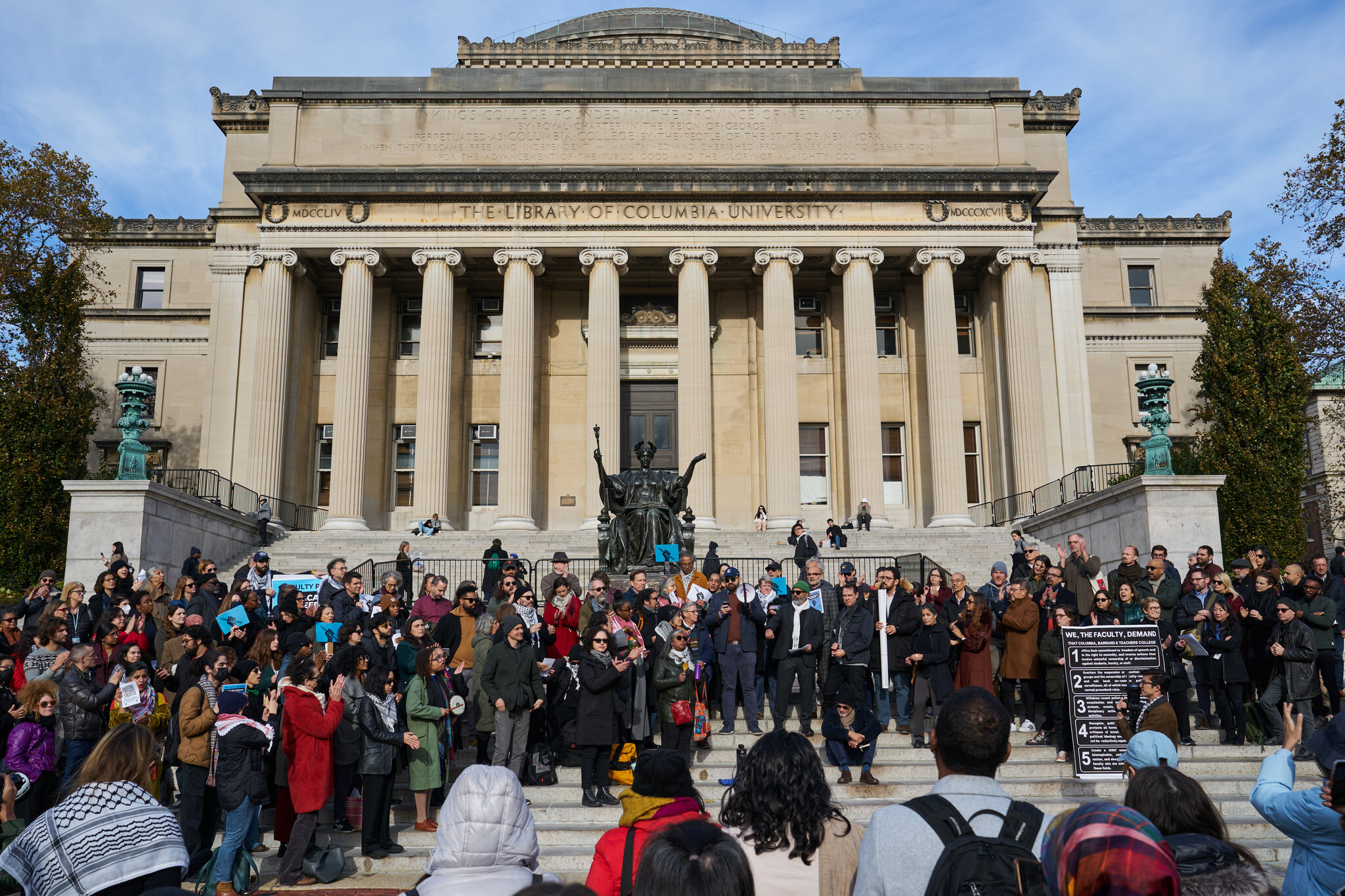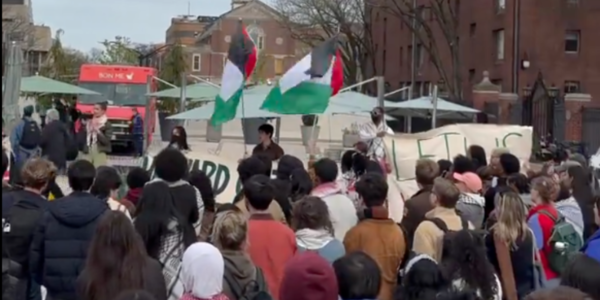Pro-Palestine students at Columbia University alleged they were sprayed with a chemical weapon developed by the Israeli military during a rally in January. However, subsequent investigation revealed that the substance in question was actually a gag gift spray used for pranks rather than the hazardous crowd-control chemical known as “skunk.”
The NYPD launched an inquiry into whether students deployed chemical weapons against their pro-Palestine peers during the protests. Amidst this, a Jewish student was reportedly suspended for allegedly using a “hazardous chemical” during the protests, which was considered a possible “hate crime.” Columbia’s president initially supported these claims, reiterating them even after they were debunked.
A lawsuit filed against the university shed light on the incident, revealing that the suspended student had used a “fart spray” gag gift on the Palestinian protesters. This lawsuit was brought forth by the Jewish student who was suspended, claiming he was unfairly targeted due to his affiliation with Israel.

Controversy at Columbia: Alleged Chemical Incident Exposed as Prank, Sparking Campus Debate (Credits: The New York Times)
The lawsuit further argued that Columbia’s handling of the situation was irregular, as no disciplinary action had been taken against students involved in unsanctioned pro-Palestine protests. This raised questions about the university’s consistency in addressing such incidents.
Columbia University’s approach to dealing with pro-Palestinian protests on campus appeared to shift as the university president authorized police to remove 108 anti-Israel protesters from the campus on April 18. More than 100 protesters were arrested, including Isra Hiris, the daughter of Congresswoman Ilhan Omar, with two receiving obstruction of governmental administration summons.
Mayor Eric Adams of New York City emphasized that while students have the right to free speech, they do not have the right to violate university policies or disrupt learning on campus. He acknowledged the emotional toll of the conflict in the Middle East but emphasized that it does not justify harassment or spreading hate.























